Today’s Gospel gives us some of the best news I think we can possibly get. Jesus says he no longer calls us slaves, but instead he calls us his friends. That’s important for us to know because I think most people believe that God doesn’t really have to care about us, his creatures, that much. He could just give us commandments and expect us to follow them or else. He doesn’t really have to teach us anything so that we understand him; he could just expect us to follow his commandments out of fear. We think about God that way sometimes.
But that’s not what Jesus is about. We know that God made us so that he could love us and we could love him. Even when we sinned and could not be his friends any more, he didn’t leave us to die in our sins. Instead, he sent his Only-Begotten Son, Jesus, to become one of us and to pay the price that we deserved for our sins. Jesus died on the cross, to pay that price, and he rose from the dead, so that we could be friends with God once again, and so that all those who believe in him and follow his ways can have the opportunity of eternal life with God in his heavenly kingdom.
That’s the Good News! That’s the Gospel! Jesus says he doesn’t call us slaves anymore. That’s because we aren’t slaves to sin anymore, or at least we don’t have to be. We can instead turn to Jesus and be his friends, if we do what he commands us. And the commandment he gives us today seems like a very simple one: love one another.
Except that it’s not so simple all the time, is it? Sometimes loving one another is hard to do. Loving one another means we have to put others first. Loving one another isn’t something we get to do only when we want to, but instead we have to do it all the time. Loving one another means that we follow all the other commandments, because “love one another” is what sums them all up. “Love one another” means that we remember that each person is created by God who loves them so then we have to love them too.
But we don’t have to worry about how hard it is to love one another. We have a God who loves us first and loves us best. Because he loved us and sent his Only-Begotten Son Jesus to show us his love, we have the grace we need to love one another. We can love one another when it’s hard to do, when they really make us mad sometimes, because God loves us all the time, even when we are hard to love, even when we make others mad and make God sad because of what we do or what we fail to do.
We aren’t slaves anymore. We have been set free. But being free doesn’t mean we get to do whatever we want, whenever we want – that’s the same thing as being a slave to sin. Being free means that we can love others and put others first because God has done exactly that for us – over and over again!
So how will you love someone else today? How will you love your parents or your siblings while you are doing e-learning today? How will you love your teachers who might be explaining something very important that maybe you think is boring? How will you teachers love the students who don’t seem to be getting it? How will we all love our families today? How will we put all these people first? During the quiet parts of today’s Mass, let’s think about that. Let’s come up with a plan to love someone even when they are hard to love. Let’s love one another because God loves us first and loves us best!
Christ is risen! He is risen indeed! Alleluia!
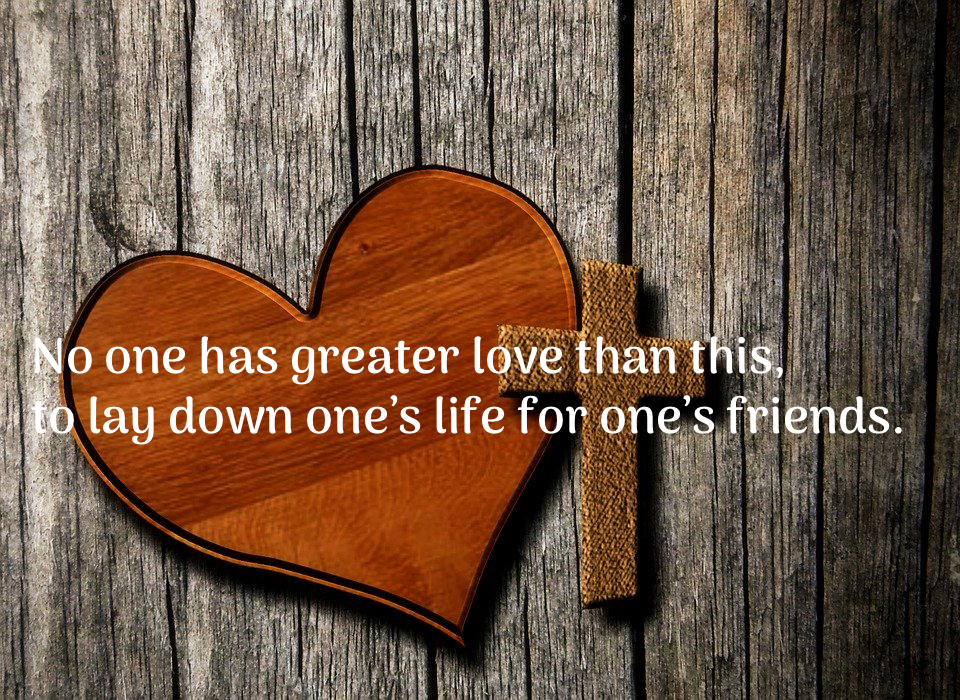
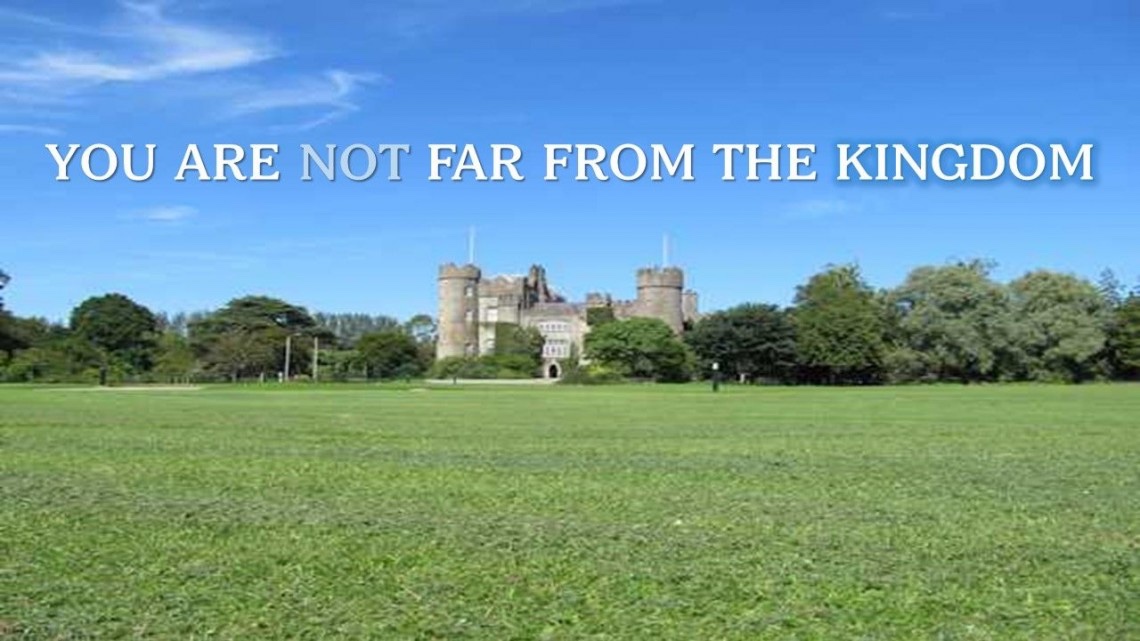
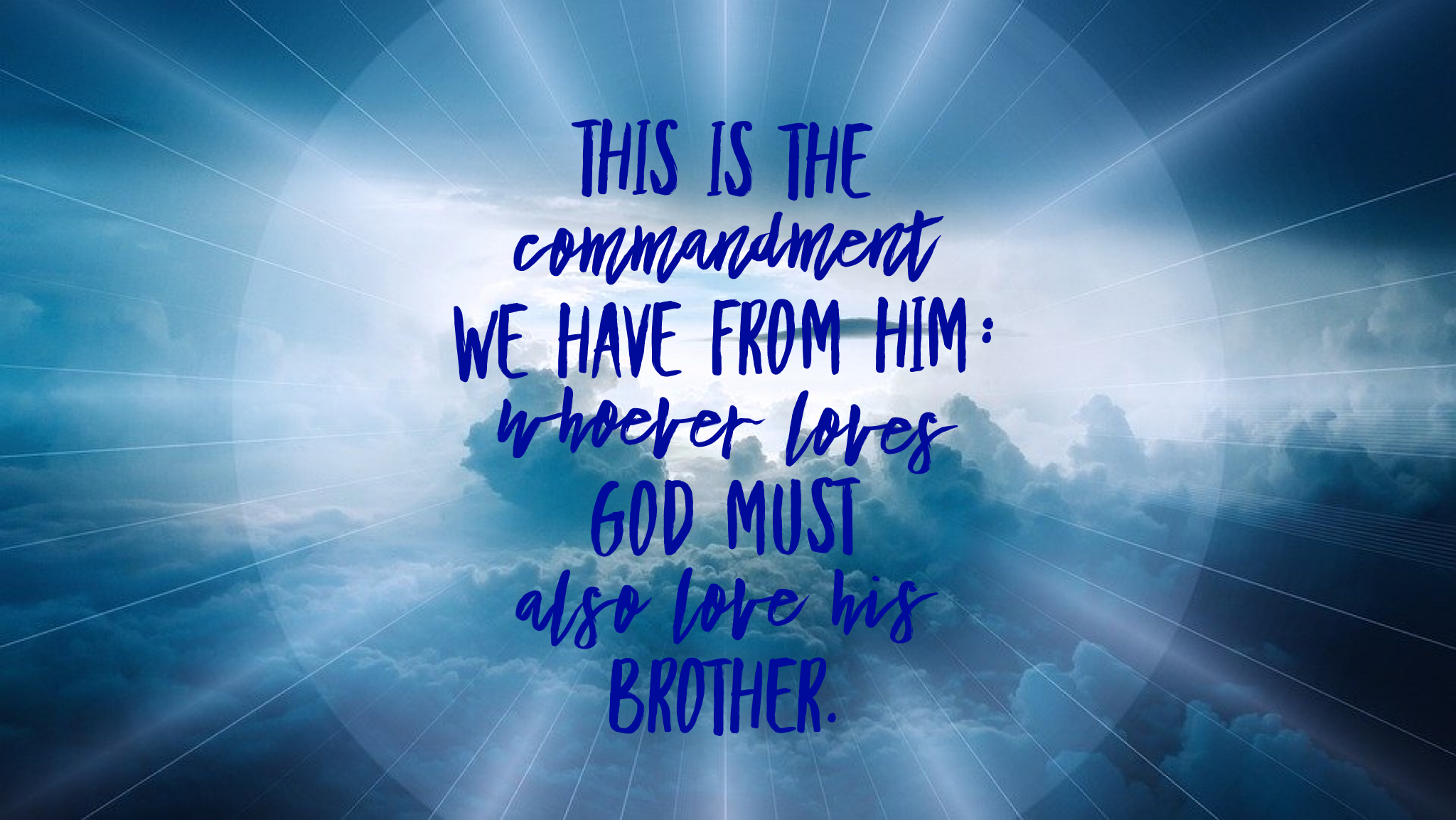
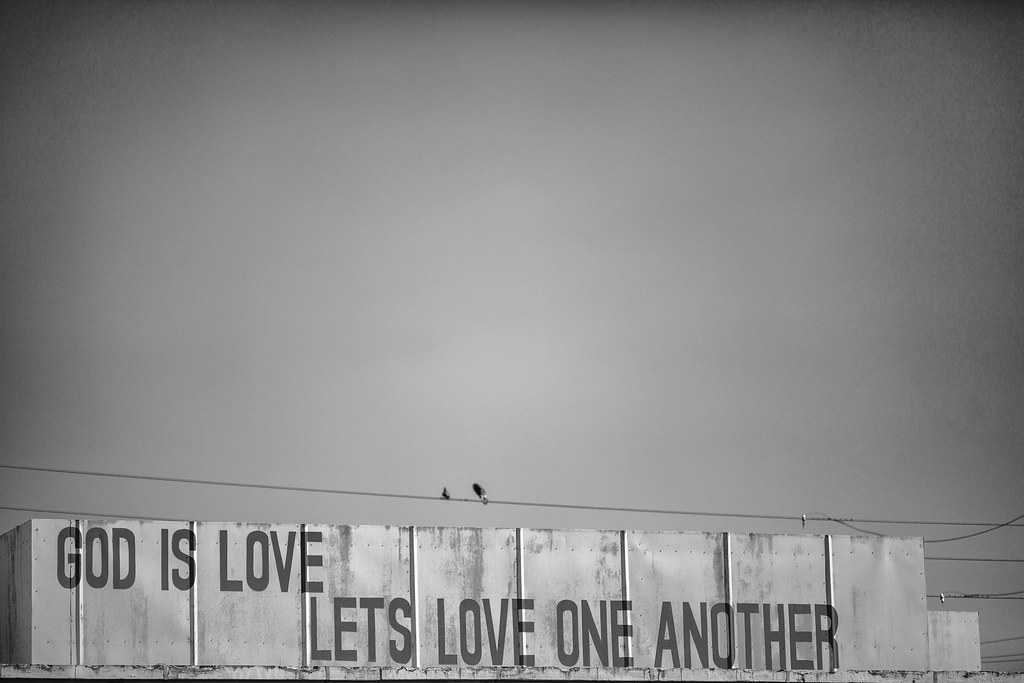

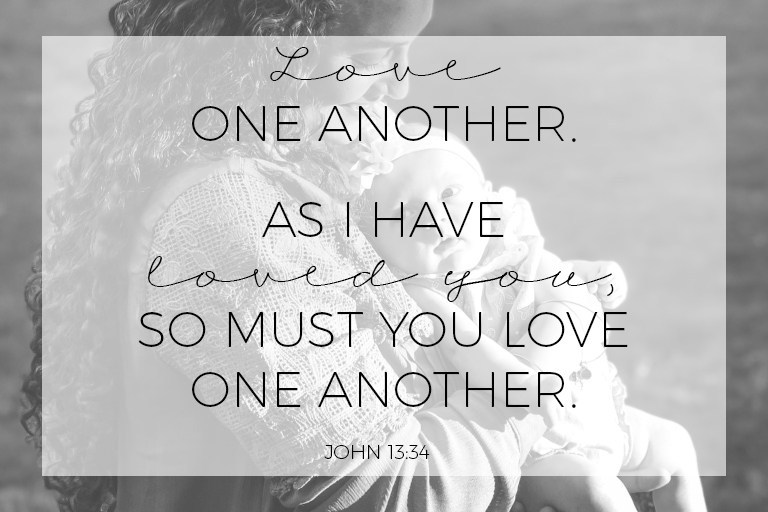
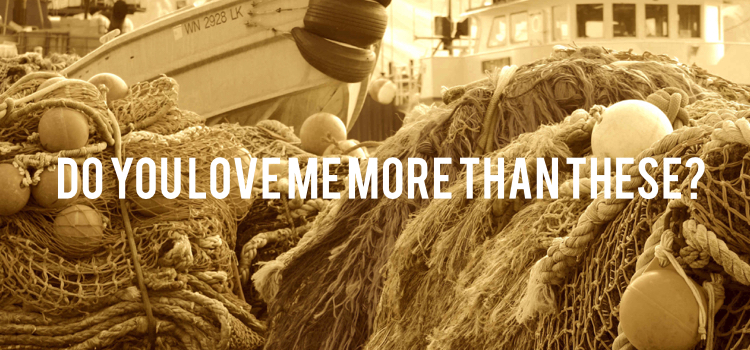


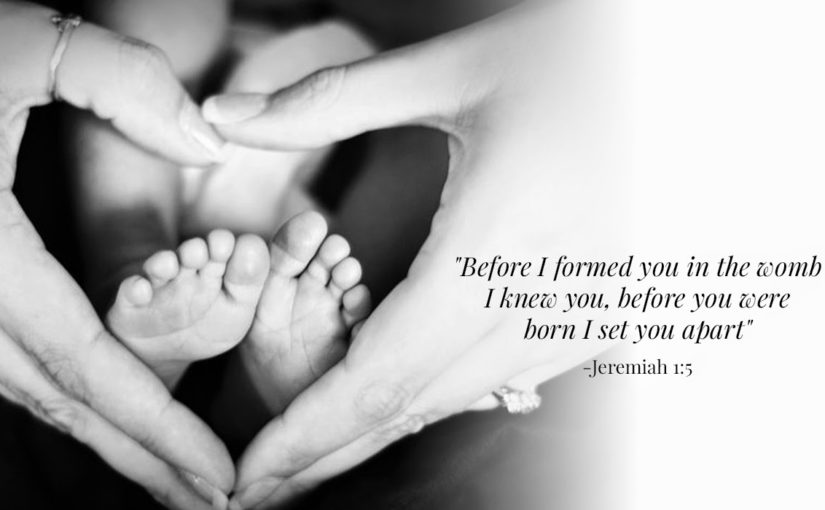
You must be logged in to post a comment.